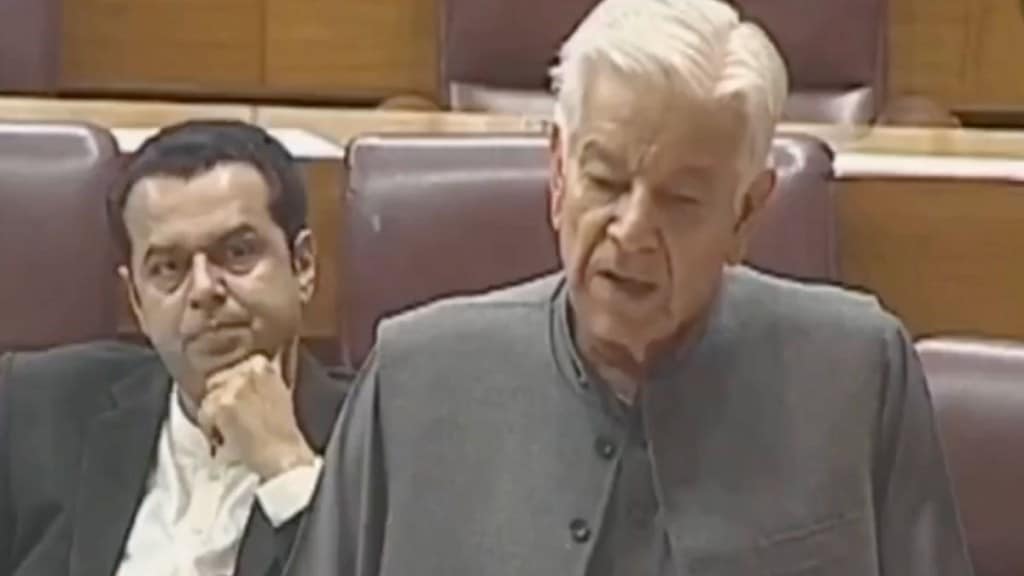Pakistan Defence Minister Khawaja Asif has broached the possibility of a full-scale war with Afghanistan as peace talks continued on Saturday. Both sides had agreed to a ceasefire last week after deadly border clashes killed dozens of people. The second round of discussions commenced in the Turkish city of Istanbul on Saturday.
“I had a meeting with Afghan officials two hours ago. The results will be clear by tomorrow. If matters are not settled, there will be war. We have the option, if no agreement takes place, we have an open war with them…But I saw that they want peace,” he warned in televised remarks from Pakistan.
The clashes erupted earlier this month after Islamabad demanded that the Taliban curb militants it says are attacking Pakistan from sanctuaries inside Afghanistan. Pakistan launched airstrikes across the border and both sides exchanged heavy fire, killing dozens and prompting the closure of key crossings. Islamabad has accused Kabul of sheltering militants who target Pakistani forces. Meanwhile the Taliban rejects the charge and says Pakistan’s military operations violate Afghan sovereignty.
Border conflict chokes food supply, punishes Pakistani traders
The worsening conflict has also impacted the flow of fruits and vegetables across shared borders — leading to a sharp rise in food prices and heavy losses for traders in Pakistan-occupied Jammu and Kashmir. Traders told ANI that the closures have also disrupted the regular supply of essential produce such as tomatoes, onions, pomegranates, grapes, and apples — most of which previously came from Kabul. They said the halt in transport had caused massive spoilage of perishable goods and sent prices skyrocketing in local markets. The price hike has not only affected consumers in Pakistan but has also left Afghan traders struggling to sell their produce. Many report significant losses due to the inability to export fresh fruits and vegetables before they spoil. Market observers warn that if the border closure continues, Pakistan’s already inflation-stricken economy may face another wave of food insecurity.

